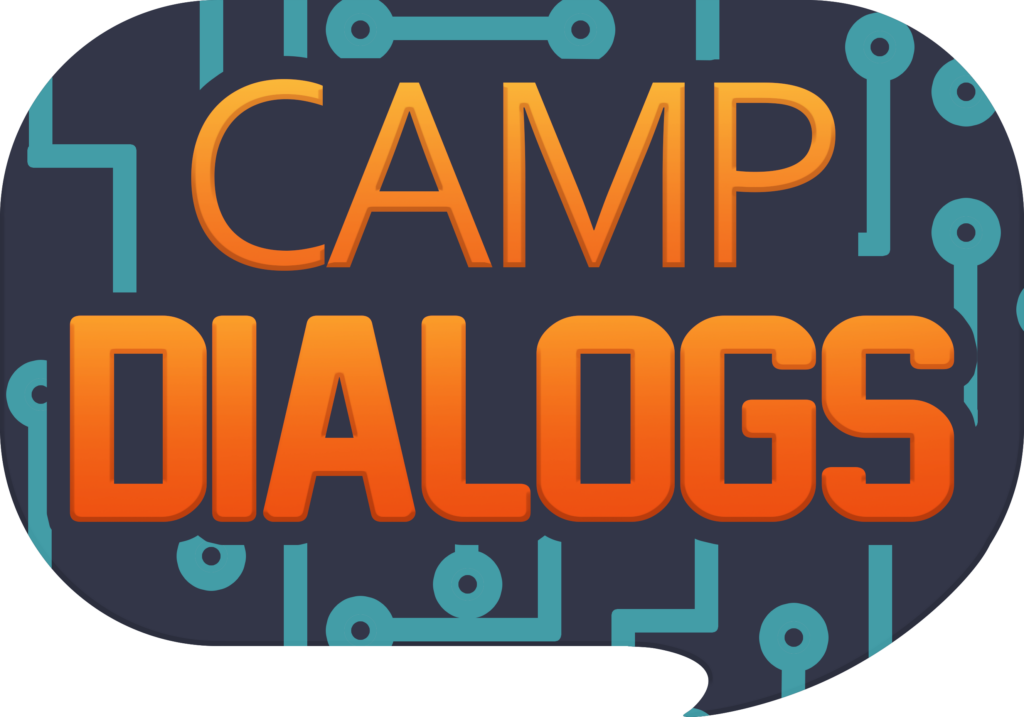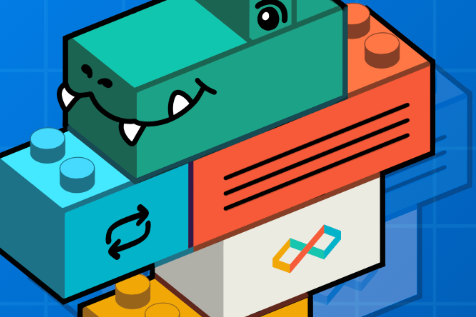
Research & Innovation
We engage in innovative research and development focused on CS and AI instructional approaches that support increased teacher effectiveness and student learning through interdisciplinary efforts with researchers, technology companies, and K-12 school partners.

Our Projects

Camp DIALOGS
Camp DIALOGS will provide technology-rich learning opportunities for middle school students to design and develop spoken conversational apps using computer science. Spoken conversational apps include today’s voice assistants and chatbots such as Siri, Alexa, Google Home, and many more.

INVITE Institute
The INVITE Institute is the shared vision of 24 researchers from seven U.S. universities and 2 companies in the United States and is our answer to the question, “What can AI do to help achieve Education for All?” INVITE seeks to reposition AI as a powerful tool to promote fairness in technology-enhanced K-12 STEM learning by producing intelligent learning technologies that understand and support skills known to underlie effective learning. The institute is designed to serve as a nexus for building capacity and collaboration among researchers, and as a resource for schools and teachers interested in leveraging advanced STEM learning technologies. The INVITE Alliance spans 10 states across the U.S.

Professional Development for K–5 Teachers to Tailor the POUR Principles to Their Use Cases
The Blockly Accessibility project, entitled “Professional Development for K–5 Teachers to Tailor the POUR Principles to Their Use Cases,” is implemented through a professional learning community (PLC) across two major U.S. school districts, focusing on accessibility in computer science education. Teachers receive instruction on the POUR principles (Perceivable, Operable, Understandable, and Robust) and learn strategies to analyze how the Blockly programming language and its supporting technologies are used in their classrooms. The Blockly community will receive feedback as a result of the research activities.

C-COI Tool
The Collaborative Computing Observation Instrument (C-COI) allows researchers to study the learning processes that K-12 students engage in while doing computational thinking and programming activities.

MFlow
MFlow is a flow-based programming language for making music and sound compositions. You can drag blocks of sound into the screen, put sound recordings in them, connect them with arrows to create sequences, loop them to create rhythms, and manipulate them in many different ways.
MFlow and other projects are listed on the AICE Lab’s Projects page.

UDL4CS
UDL4CS is a Research-Practice Partnership that brings together researchers and practitioners around the shared problem of practice to provide teachers with the tools necessary to meaningfully include students with disabilities in computer science education.

Teaching All Computer Science Through Integration and Collaboration with Special Education (TACTICS)
Our collaborative research Teaching All Computer Science Through Integration and Collaboration with Special Education (TACTICS) addresses the vital need to support teachers’ ability to broaden participation of learners with disabilities in CS education during the earlier grades. Utilizing the inclusive design frameworks of Universal Design for Learning (UDL) and High Leverage Practices (HLPs) will provide opportunities to bring other marginalized learners into elementary CS education. Our overarching goal is to increase the level of meaningful engagement and learning of 4th and 5th grade students with disabilities in CS education by addressing the complexity of how people facilitate other people’s STEM learning.

